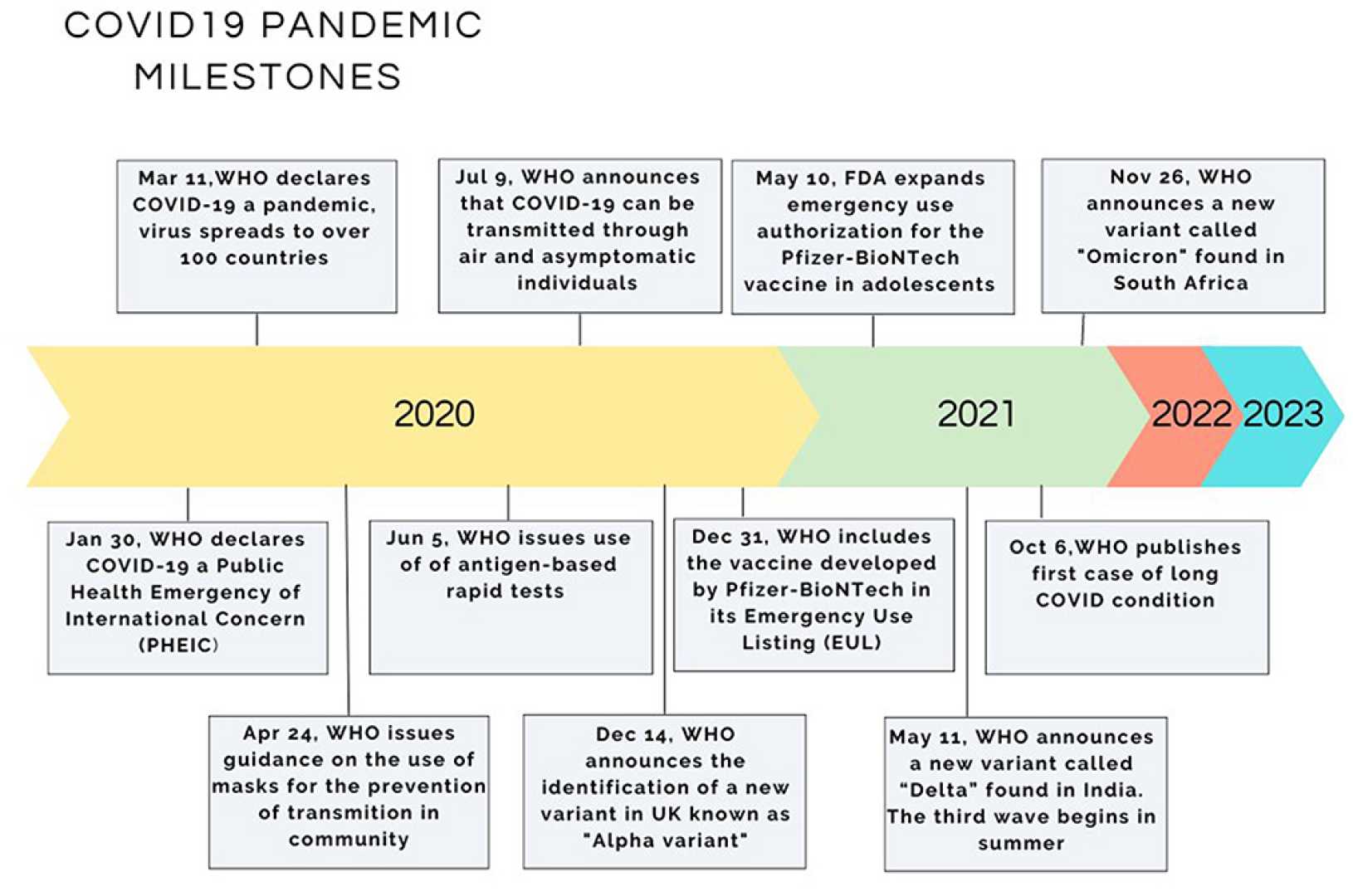World
Emerging COVID-19 Variant XEC Gains Attention Across Europe and Beyond

A new COVID-19 variant, identified as XEC, is emerging in several countries, raising concerns among scientists about its potential to become the dominant strain. Originally detected in Germany this past June, cases have since appeared in the United Kingdom, the United States, Denmark, and several other nations.
The XEC variant, a hybrid of the Omicron subvariants KS.1.1 and KP.3.3, includes mutations that might facilitate its spread during the autumn season. However, health experts suggest that existing vaccines should still be effective in mitigating severe cases associated with this new variant.
Professor Francois Balloux, Director of the Genetics Institute at University College London, explained to BBC News that while XEC may have a “slight transmission advantage” compared to current variants, vaccines are expected to offer satisfactory protection. He speculates that XEC may become the prevailing variant during the winter months.
Dr. Eric Topol, Director of the Scripps Research Translational Institute in California, told the LA Times that XEC is “just getting started.” He anticipates it will take several weeks or months for the variant to establish significant prevalence and prompt a new wave.
Despite reports of “strong growth” in countries like Denmark and Germany, the limited routine testing complicates efforts to determine the exact spread of COVID-19 variants. The UK’s Health Security Agency (UKHSA) maintains that it is normal for viruses to mutate, emphasizing the importance of vaccination.
Dr. Gayatri Amirthalingam, Deputy Director at UKHSA, encourages individuals eligible for a free booster vaccine to protect themselves against severe illness. She stresses ongoing monitoring of emerging COVID-19 variants in the UK and internationally.
The European Centre for Disease Prevention and Control (ECDC) indicates that the XEC variant does not currently qualify as a variant of concern. Genomic sequencing data from Scripps Research reveals that XEC accounts for a significant portion of sequenced samples in countries like Slovenia, Belgium, Germany, and the Netherlands.
While this sequencing data offers insights, it may not fully represent current community transmission due to varying rates of laboratory sequencing. Nonetheless, such data provides early pointers to virus evolution, allowing researchers to develop potential countermeasures as necessary.












